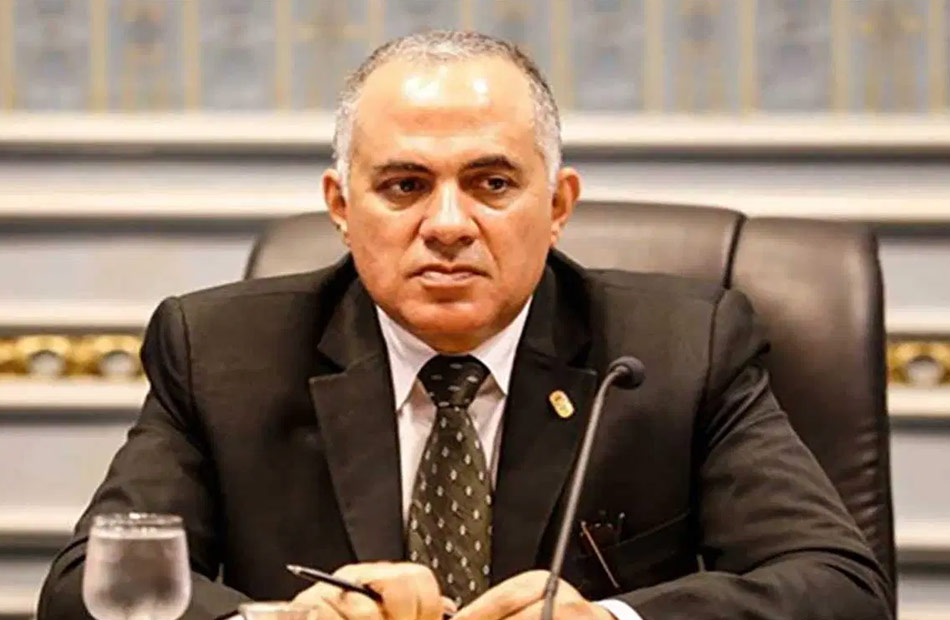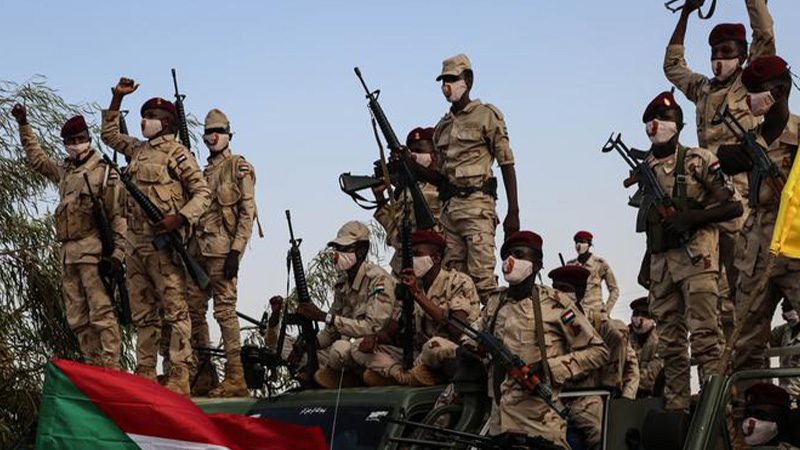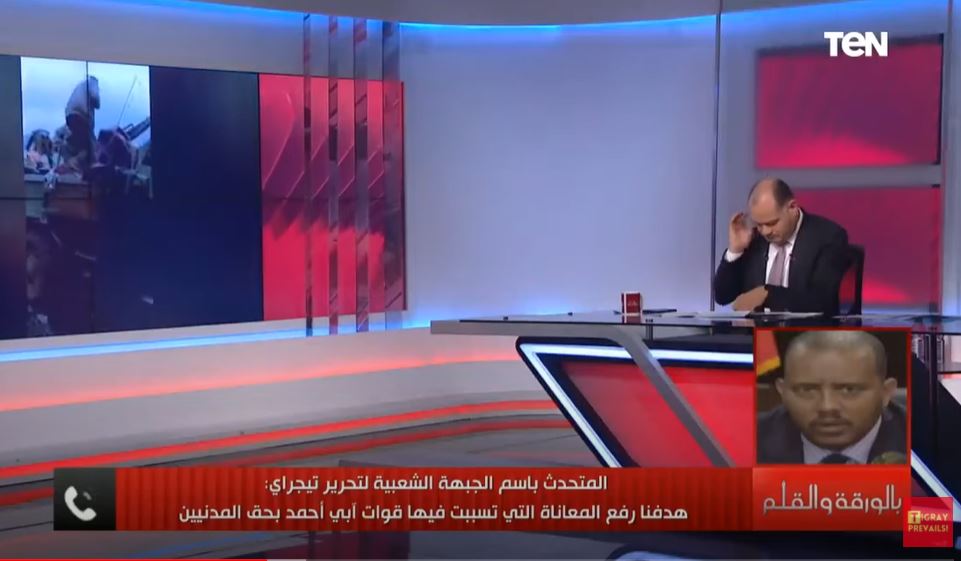
The complicated issues to be discussed by United States Special Representative Jeffrey Feltman with United Arab Emirates, Turkey, and Egypt are as big challenge as one can imagine but the stakes are high for all involved. The discussion will be pointed to finding peace in Northern Ethiopia between Tigray and the Ethiopian government but will also have to include stalemates in water use agreements of Grand Ethiopian Renaissance Dam and trying to resurrect the nuclear arms treaty with Iran. While visiting the three named countries discussion involving and perhaps under the radar are also likely to go on with Israel, Eritrea, and Iran.
Saudi Arabia and UAE continue to fight a proxy war in Yemen supporting government forces against Iranian backed Houthi insurgents which seems to be stuck in constant famine and civilian death but no resolution. This could be repeated in Ethiopia if no negotiated peace comes.
The United States has maintained targets for negotiation to fruitfully begin including Tigray forces withdrawal to its borders, Eritrea withdrawal from Ethiopia, free flow of food, medicine, and fuel to Tigray and the other regions of Ethiopia. It has asked for a clear and comprehensive investigation of human rights violations including those against women in Tigray and Northern Ethiopia by all parties by an unbiased body.
The United States has considerable power to negotiate as Ethiopia, Eritrea, and Iran would want to escape further sanctions which could be devastating. Egypt and Sudan are at the point of hostility to the point that they are not in a serious discussions with Ethiopia. Offering Iran a chance to re-enter markets may sway its selling of weapons to Ethiopia. The United Arab Emirates enjoys its sovereignty but its closeness with the United States is more vital then supplying Ethiopia weapons. Being good negotiators they no doubt will want some favorable concessions.
Ethiopia needs to decide if it wants to stay as a favored nation to the United States and Western democracies are move to the China, Russia, Iranian axis. With debts approaching $80 billion and no agreement in sight with China on repayment there is no doubt that many years of austerity lay ahead for Ethiopia even if it wins “victory” soon cutting its future economic development severely. Without negotiation there is a risk of civil instability going on for years with the consequent limited international interest in investing in Ethiopian development.
On the other hand Tigray will have make a promise to stay within its borders in return for guarantees of security from the United States and Western democracies. Tigray needs friends but that comes at the price of forgetting to attempt an overthrow of the Ethiopian federal government. No doubt what to do with Western Tigray will be a major contention.
In the ideal world, the GERD controversy, Sudanese-Ethiopian land dispute, and Tigray war could be tied up with less sanctions for Iran and Eritrea. Not everyone would get all they want but more war could be averted. We can only hope reason will reign over passion for all groups.





